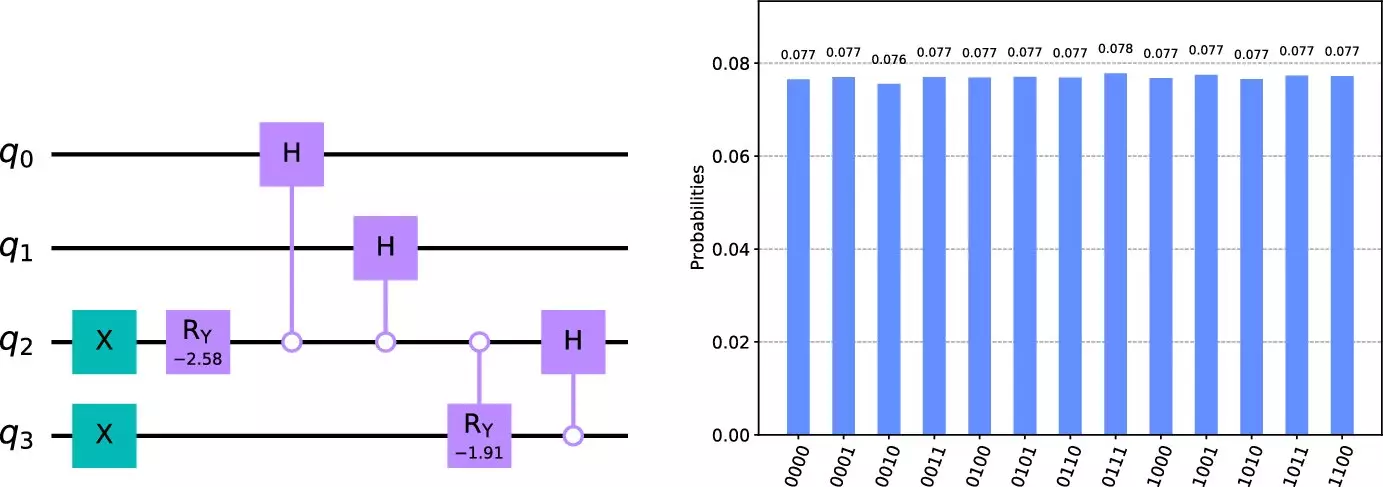Prakash Vedula, Ph.D., a professor at the University of Oklahoma School of Aerospace and Mechanical Engineering, has developed an algorithm that has caught the attention of tech giants like Google and IBM. This algorithm represents a significant leap forward in quantum computing by offering exponential improvement over previous methods.
Known as the Shukla–Vedula algorithm, this innovative approach focuses on creating uniform quantum superposition states, a critical aspect of quantum computing. By reducing the complexity of this step, the algorithm opens up new possibilities in quantum search, optimization, signal processing, cryptography, finance, and artificial intelligence. It has already been integrated into Google’s Cirq and IBM’s Qiskit software platforms.
The practical implications of the Shukla–Vedula algorithm are profound. Major players in finance, like Goldman Sachs, have begun using this algorithm to analyze financial risks in derivatives. This shift in the financial sector underscores the algorithm’s versatility and potential impact across various industries.
Optimism for the Future
Professor Vedula is optimistic about the future impact of his algorithm. The exponential improvements it offers without requiring additional resources are rare in scientific disciplines. As the algorithm gains traction and becomes more widespread, Vedula believes it will drive significant advancements in quantum computing applications.
Looking Ahead
The integration of the Shukla–Vedula algorithm into industry-leading software platforms marks a turning point in the field of quantum computing. With its potential to revolutionize multiple industries and drive innovation in various fields, this algorithm represents a major breakthrough in the quest for more efficient quantum computing solutions.
The impact of Vedula’s algorithm on quantum computing cannot be overstated. Its efficiency, practical applications, and real-world use cases position it as a game-changer in the world of advanced computing. As technology continues to evolve, innovations like the Shukla–Vedula algorithm pave the way for a future where quantum computing plays a central role in solving complex problems across industries.


Leave a Reply